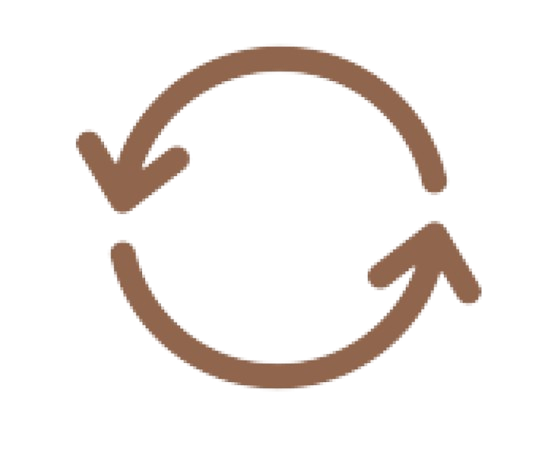Yom Iyyun: Food, Ethics, and Torah
Rabbi Dr. Jonathan Crane
Jonathan K. Crane, PhD, Rabbi, serves as the Raymond F. Schinazi Scholar in Bioethics and Jewish Thought at Emory’s Center for Ethics. A Professor of Medicine and of Religion and Director of the Food Studies and Ethics program, Crane is a past president of the Society of Jewish Ethics, founder and co-editor of the Journal of Jewish Ethics, and author or editor of several books, most recently Judaism, Race, and Ethics: Conversations and Questions.
Rabbi Aviva Richman
Rabbi Aviva Richman is a Rosh Yeshiva at Hadar, and has been on the faculty since 2010. A graduate of Oberlin College, she studied in the Pardes Kollel and the Drisha Scholars’ Circle and was ordained by Rabbi Danny Landes. She is completing a doctorate in Talmud at NYU. Interests include Talmud, Halakhah, Midrash and gender, and also a healthy dose of niggunim.
Rabbi David Silber
David Silber is the founder and dean of Drisha Institute for Jewish Education in New York and Israel. Rabbi Silber received ordination from the Rabbi Isaac Elchanan Theological Seminary. He is a recipient of the Covenant Award, for excellence in innovative Jewish education, and is the author of A Passover Haggadah: Go Forth and Learn (Jewish Publication Society 2011), For Such a Time as This: Biblical Reflections in the Book of Esther (Koren Publishers 2017), and Malkhut Adam: Iyunim Bsefer Shmuel (Maggid 2021). He is also a nationally acclaimed lecturer on the Bible. Rabbi Silber is married to Dr. Devora Steinmetz. They have eight children and live in New York City.
Click here to access other recorded classes by David Silber.
10:30 am – 12:00 pm Jonathan Crane
“Waste Not, Want Not: Food, Ethics and Bal Tashchit”
The intersection of food and waste occurs at three interlocking levels: at the plot, the plate and the principle. Dynamics at the edges of fields where food is grown, one’s relation with food on one’s plate, and learning derived from the principle of bal tashchit – all challenge us to think carefully about food, production and consumption.
12:30 pm – 1:45 pm Aviva Richman
“To Your Heart’s Desire: (how) to eat meat?”
We’ll take a broad and deep look at core halakhic and aggadic sources that shed light on what we have to consider if/when we eat meat. Starting from the book of Devarim, hitting highlights in the Talmud and medieval interpretations and landing in the contemporary moment, which questions must we raise and what answers should we have before taking a bite? This will also serve as a case study to investigate the relationship between “ritual” and “ethics” in halakhah.
1:45 pm – 3:00 pm David Silber
Manna: Bread From Heaven
Israel was commanded to set aside a portion of Manna as a reminder for future generations. We will reflect upon the episode of the Manna and the lessons it has to teach us about our relationship to food and its implications for our connection to the Divine and to humanity




